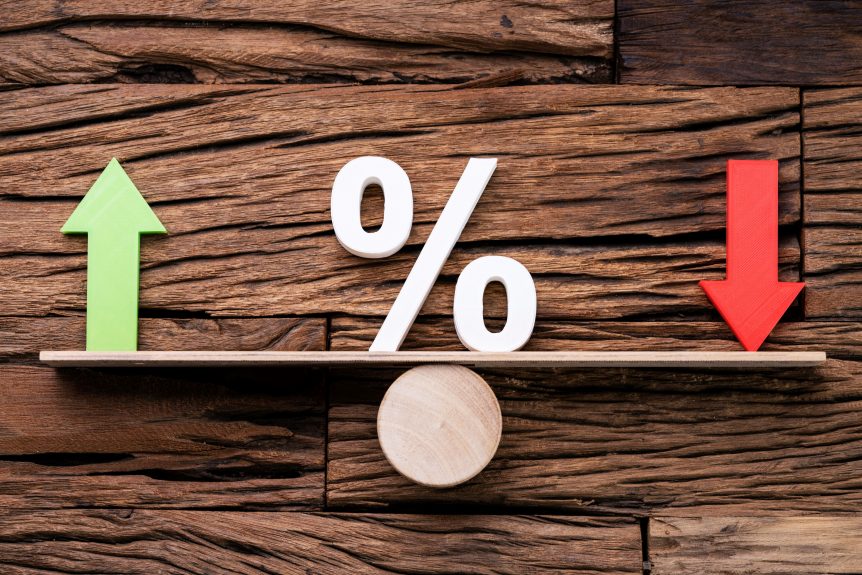Inflation remains stuck at 3.8 per cent in August, highlighting the “sustained nature of UK price pressure”.
The latest data from the Office for National Statistics found the consumer price index rose by 3.8 per cent in the 12 months to August 2025.
This marks the same level as was reported in July.
Food inflation increasing to 5.1 per cent in August from 4.9 per cent last month caused the trend, according to the ONS.
As a result, grocery prices remain elevated, echoing recent data showing only a gradual slowdown.
Transport, specifically, air fares made the largest downward contribution to the monthly change.
Standard Life retail direct managing director, Dean Butler, said: “August inflation data highlights the sustained nature of UK price pressure.
Butler explained that these figures come in the context of a “finely balanced” Bank of England MPC decision to cut interest rates in August.
“This only squeaked through after a second round of voting — and with inflation climbing higher, a further cut when they meet again this week looks very unlikely,” he said.
“For borrowers, this could mean costs stay elevated for longer, particularly for mortgage holders and those with other forms of debt.
“Savers, meanwhile, may still find some best-buy easy-access accounts offering inflation-beating rates, though real gains remain slim once rising prices are considered.
“For those able to accept some investment risk, options like a stocks-and-shares Isa or, looking longer-term, a pension could offer better prospects of growth above inflation.”
Meanwhile, Aberdeen deputy chief economist, Luke Bartholomew, said: “Food price growth remains elevated, which policymakers are concerned could cause wider inflation expectations to bleed higher.”
The rise in food inflation marked the fifth consecutive increase in the annual rate.
“Inflation is likely to move a little higher in the near term, peaking around 4 per cent.
“With that backdrop, there is little doubt that the Bank will keep interest rates on hold tomorrow,” Bartholomew continued.
“Perhaps more interesting is what the Bank decides on its quantitative tightening policy, which is likely to involve scaling back the pace of QT to around £70bn, which might provide some modest support to the gilt market.”
Tom Dunstan FT Adviser

